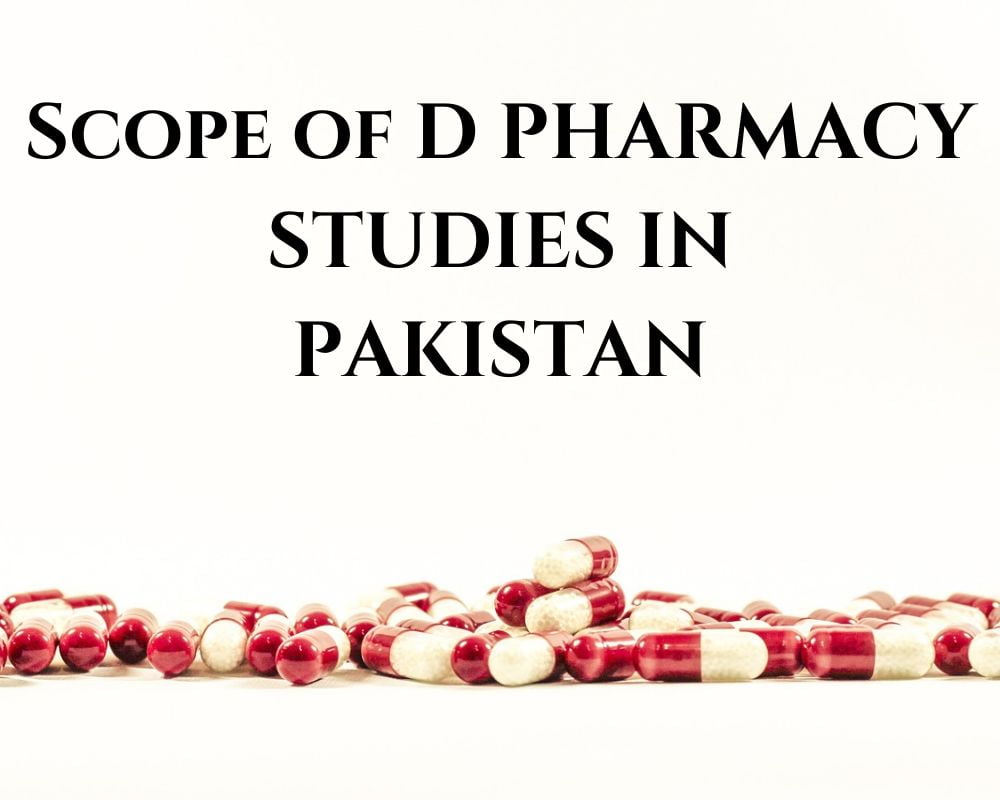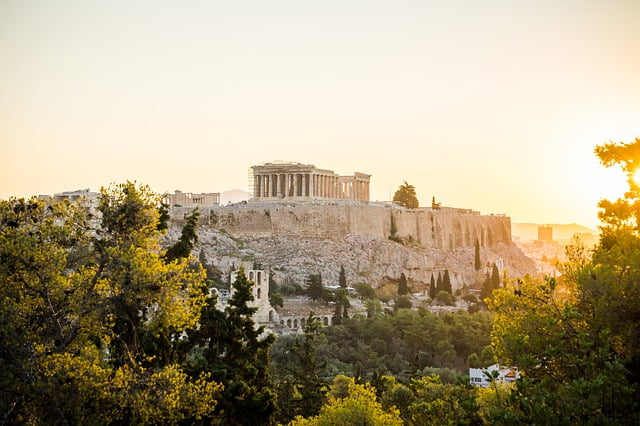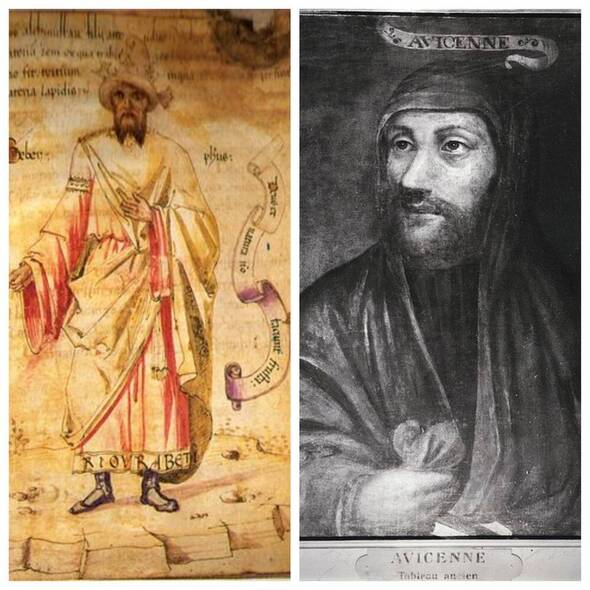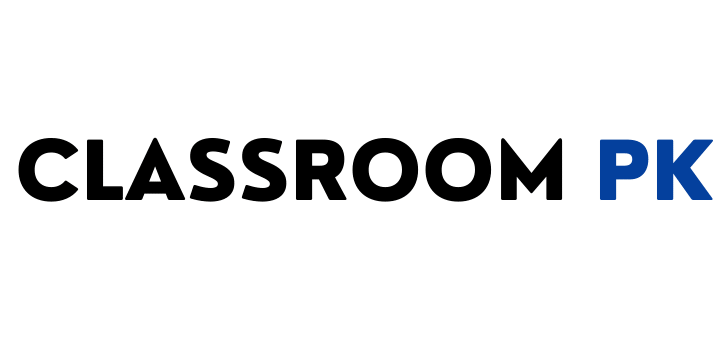The Scope of D Pharmacy Studies in Pakistan

Brief Historical Sketch of Pharmacy Studies and its Evolution:
The history and evolution of Pharmacy are old as human evolution because both are interlinked since the human appearance on this planet. It’s in the survival instinct of humans that tries to cure their illness, and the first thing they use to cure their illness is plants and herbs, from where the Pharmacy and history of drugs were formed. As per archeologists and historians, during the Era of the caves, the leading cause of human deaths was illness and disease. Pandemics eradicated many human populations from this planet in different sub-continent, and this threat still exists. Recently, the outbreak of the Novel Covid had devastating effects on the human race. Moreover, there is a history of the outbreak of the widespread pandemic on this planet, especially in the European continent in which the Black Death (bubonic plague 1346-1353 ) eliminated around 30% to 60% of the European population however, the counter strategy of human to cope with these pandemics always lies in medication, drugs, and vaccine and these domains are the main source of pharmacy studies there is a glimpse of the historical sketch of pharmacy studies with all human civilizations contributions.
The Pharmacy and The Ancient Greek
Greeks are the oldest civilization on planet earth, and they shaped culture, economy, agriculture, law, philosophy, and medical Pharmacy too. Even in sub-continent south Asia, the word “Younani Dawa “is used for Herbal Pharmacy, which has deep roots in Greek Pharmacy.

The Ancient Pharmacy in China and South Asia
The Chinese civilization is the oldest. They developed a unique field of Chinese medicines and Pharmacy based on native Chinese herbs and physical practices. On the other side, the Indian sub-continent was rich in herbs and plants, so Indians also had a unique form of their Pharmacy, mostly composed of plants, herbs, and spices. Well, they are known as Eastern Medicine.
The Pharmacy and Medieval Islam
After the Greeks, Muslims first developed Pharmacy on an industrial scale. Muslim scientists are the real contributor to Modern Pharmacy. Two renowned Muslim scientists, Ibn Sina the Avecenna, is the father of modern medicine and surgery, and second Ibn Al-Hatham also contributed to medical surgery and medicine. Al-Razi was the first scientist to establish the first-ever hospital and drug store in human history. Secondly, the Muslim scientist Jabir Ibn Hayyan, a chemist, made a significant contribution. Because chemistry is the branch of science that plays almost 40% of the role in the formation of modern Pharmacy, these scientists led the evolution of modern Pharmacy, which reached its zenith in the industrial revolution in Europe because of the leftover scientific and research scripts of Muslim Spain.

The Modern Pharmacy And Technological Era
As we discussed in the first paragraph, the bubonic pandemic outbreak was very lethal to the human race; therefore counter-strategy of humans was based on finding a curable treatment and on implementing a preventive strategy to stop the spread of these pandemics like the Spanish flu and smallpox which led to the discovery of first vaccine by Edward Jenner in 1796 another unique field of Pharmacy and the invention of an antibiotic such as penicillin by Alexander Fleming in 1928 played the pivotal role in the formation of industrial Pharmacy. After industrialization, pharmacy scope is widespread, and millions of people are working in this sector after the medical and hospitality industries. As per Bloomberg, the Global Bio-Pharma Market is Expected to reach USD 703.28 Billion by 2027. pharmacy is the mother industry of chemistry and biological sciences today from an economic perspective.
The Scope of Doctor of Pharmacy in Pakistan
In recent years, there has been an increase in the demand for healthcare professionals in Pakistan. Pharmacy has gained significant attention among the various healthcare fields, with more students opting to pursue a career in this field. In particular, the scope of D Pharmacy in Pakistan has expanded considerably, providing students with ample opportunities for professional growth.
D Pharmacy, or Diploma in Pharmacy, is a two-year program that teaches students about the various aspects of Pharmacy, such as drug composition, therapeutic effects, and pharmaceutical formulations. The program also covers topics related to healthcare management, such as pharmacy laws and regulations, healthcare ethics, and drug distribution systems.
One of the primary reasons why D Pharmacy has gained popularity in Pakistan is due to the country’s rapidly growing pharmaceutical industry. Pakistan is home to over 800 pharmaceutical companies responsible for producing a wide range of medications and medical equipment. As a result, there is a high demand for qualified pharmacy professionals who can help develop, produce, and distribute these products.
Moreover, D Pharmacy graduates can also work in hospital pharmacies, community pharmacies, and government agencies. They can work as clinical pharmacists, dispensing pharmacists, or research pharmacists. In addition, they can also pursue further education and training to become pharmaceutical scientists or pharmacologists.
The salary package for D Pharmacy graduates in Pakistan is also quite lucrative, with starting salaries ranging from PKR 40,000 to PKR 60,000 per month. With experience and expertise, pharmacists can earn up to PKR 250,000 per month, making it a highly rewarding profession.
List of Popular Universities For a Pharmacy Degree
Numerous Universities in Pakistan offer Doctor of Pharmacy (Pharm.D) degree programs, including the University of Karachi, which ranked first in Pakistan for its pharmacy program. Other notable universities offering pharmacy programs include Dow University of Health Science, Punjab University, and Hamdard University. Even Hamdard University has a unique program known as eastern medicine. Here you can find the whole list of Universities with their locations and expected fees structure
| University Name | Location | Reputation in Pakistan | Program Duration | Program Fees |
|---|---|---|---|---|
| University of Karachi | Karachi , University Road | Excellent | 5 year | 54000-65000 |
| Dow University of Health Science | Karachi ,Mission Road | Good | 5 year | 140000-160000 |
| Quaid e Azam University | Islamabad ,University Road | Good | 5 year | 74960-115520 |
| Hamdard University | Karachi, Madinatul Hikmah | Excellent | 5 year | 127500-130000 |
| Baqai Medical University | Karachi, Gadap Town | Excellent | 5 year | 230000-357000 |
| Jinnah University For Women | Karachi, Nazimabad | Good | 5 year | 164000-170000 |
| Zia Uddin Medical University | Karachi, Clifton | Excellent | 5 year | 340000-350000 |
| Jinnah Sindh Medical University | Karachi, Rafique HJ Road | Excellent | 5 year | 106480-120000 |
| Jinnah Medical & Dental College | Karachi, Shaheed Millat Road | Good | 5 year | 140000- 150000 |
| Salim Habib University | Karachi, Korangi Creek | Average | 5 year | 239000-240000 |
| Ripah International University | Lahore, Raiwand | Average | 5 year | 238000-250000 |
| Shifa College of Medicine | Islamabad, Sector H-8 | Good | 5 year | 224228-230000 |
| University of Punjab | Lahore, Canal Road | Excellent | 5 year | 20000-68000 |
| University of Health Sciences | Lahore, Muslim Town | Good | 5 year | 140000-150000 |
Ending Note:
The scope of a Doctor of Pharmacy in Pakistan is vast and diverse. Graduates of this program can find employment in various healthcare settings and can pursue opportunities for career growth and advancement. As the demand for pharmacists continues to rise in Pakistan, pursuing a Doctor of Pharmacy degree is an excellent choice for those interested in pursuing a career in the healthcare industry.




